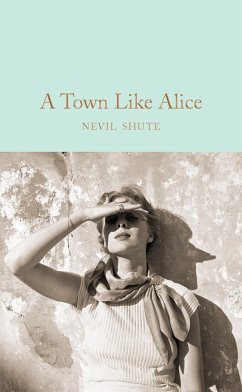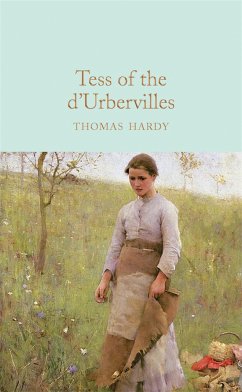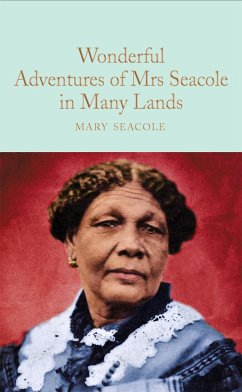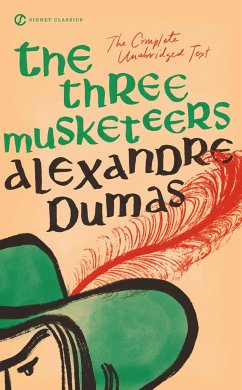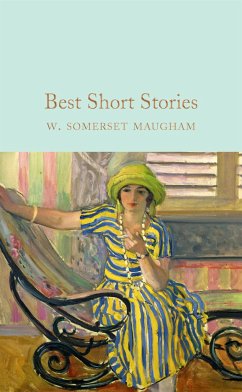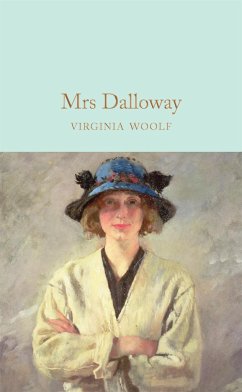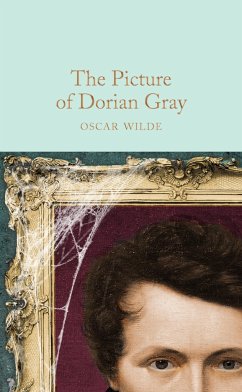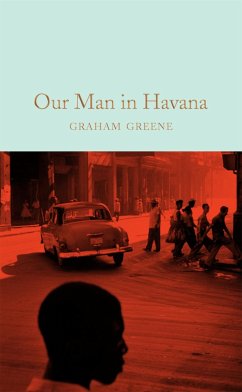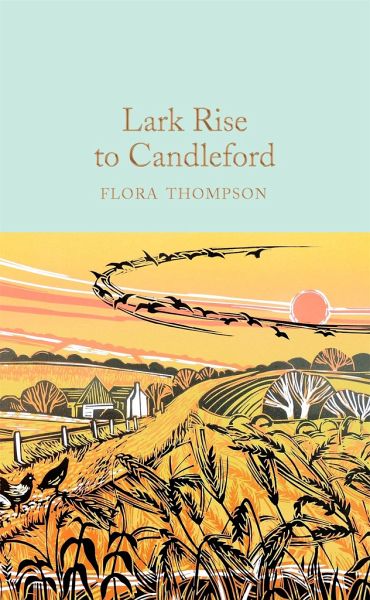
Lark Rise to Candleford
Versandkostenfrei!
Versandfertig in 2-4 Wochen
17,99 €
inkl. MwSt.
Weitere Ausgaben:

PAYBACK Punkte
9 °P sammeln!
Lark Rise to Candleford captures a piece of social history in this ever popular fictional account of an English rural upbringing between the wars.Part of the Macmillan Collector's Library; a series of stunning, clothbound, pocket sized classics with gold foiled edges and ribbon markers. These beautiful hardbacks make perfect gifts for book lovers, or wonderful additions to your own collection. This edition contains all three books - Lark Rise, Over to Candleford and Candleford Green, with an introduction by Bill Gallagher, screenwriter of the hugely popular BBC television adaptation.Laura Timm...
Lark Rise to Candleford captures a piece of social history in this ever popular fictional account of an English rural upbringing between the wars.
Part of the Macmillan Collector's Library; a series of stunning, clothbound, pocket sized classics with gold foiled edges and ribbon markers. These beautiful hardbacks make perfect gifts for book lovers, or wonderful additions to your own collection. This edition contains all three books - Lark Rise, Over to Candleford and Candleford Green, with an introduction by Bill Gallagher, screenwriter of the hugely popular BBC television adaptation.
Laura Timms spends her childhood in a country hamlet called Lark Rise. An intelligent and enquiring child, she is always attentive to the way of life around her - the lives of a farming community and nature as it transforms through the seasons, their working lives together and their celebrations. Whilst much is to be admired and cherished about her community, when she looks back on it as an adult she doesn't shy away from describing hardship too. Laura attends the village school and leaves at the age of fourteen to work for the postmistress of the village of Candleford. There her eyes are opened to wider horizons.
Part of the Macmillan Collector's Library; a series of stunning, clothbound, pocket sized classics with gold foiled edges and ribbon markers. These beautiful hardbacks make perfect gifts for book lovers, or wonderful additions to your own collection. This edition contains all three books - Lark Rise, Over to Candleford and Candleford Green, with an introduction by Bill Gallagher, screenwriter of the hugely popular BBC television adaptation.
Laura Timms spends her childhood in a country hamlet called Lark Rise. An intelligent and enquiring child, she is always attentive to the way of life around her - the lives of a farming community and nature as it transforms through the seasons, their working lives together and their celebrations. Whilst much is to be admired and cherished about her community, when she looks back on it as an adult she doesn't shy away from describing hardship too. Laura attends the village school and leaves at the age of fourteen to work for the postmistress of the village of Candleford. There her eyes are opened to wider horizons.
Dieser Artikel kann nur an eine deutsche Lieferadresse ausgeliefert werden.




